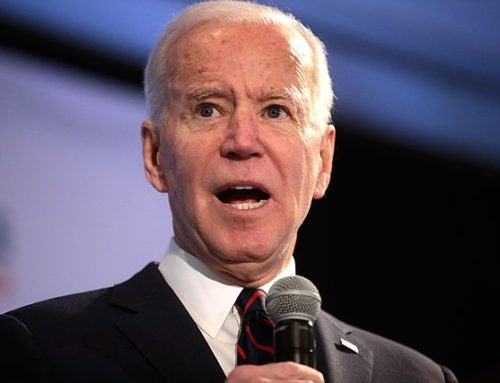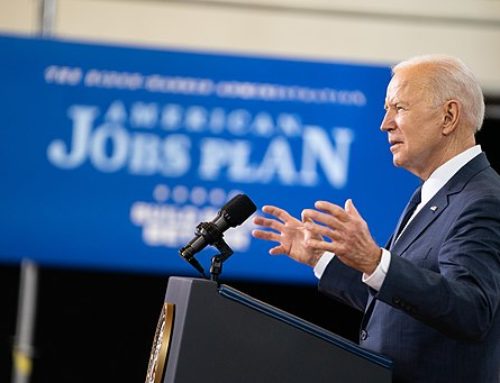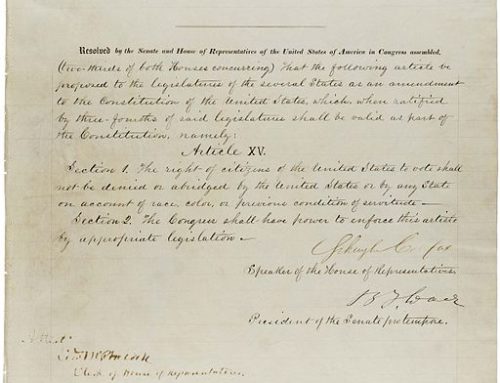The Justice Department says it will file an antitrust lawsuit to stop the proposed $85.4 billion merger of AT&T and Time Warner.
This marks a departure from decades of Justice Department practice of approving so-called vertical mergers — deals between two companies that have different business models within an industry and that are not direct competitors. In this case, we have a telecom (AT&T) and a media and entertainment company (Time Warner). Time Warner owns HBO, CNN, TNT, TBS, Cartoon Network, and the Warner Brothers film and television studio.
AT&T Chief Executive Randall Stephenson said his company would fight the lawsuit in court.
“The lawsuit stretches the very idea of antitrust law beyond the breaking point,” Stephenson said.
He said he was open to compromise but would not sell CNN to appease Washington. He also said he was surprised by the Justice Department’s opposition to a deal first announced on Oct. 22, 2016.
“When we announced this deal, the best legal minds in the country agreed that this transaction would be approved since our companies don’t even compete with each other,” Stephenson said.
Even one month ago, the Department of Justice seemed in favor of the tie-up. The department’s change of heart occurred after Malkan Delrahim was appointed to be the new head of its antitrust division.
Delrahim said last week that, “This merger would greatly harm American consumers. It would mean higher monthly television bills and fewer of the new, emerging innovative options that consumers are beginning to enjoy.”
Delrahim hinted at his compromise position, which I find reasonable — the sale of either Time Warner’s Turner Broadcasting division or Direct TV.
Stephenson also has briefly addressed what he called “the elephant in the room” — President Donald Trump’s very public and intense criticism of CNN. He frequently accuses it of producing fake news. He also has tweeted a doctored video showing him beating up a personification of the network and a cartoon of a Trump-branded train smashing a person labeled CNN.
The government’s lawsuit argues that AT&T would use its market influence to keep Time Warner programming, such as CNN, HBO and sports coverage on TNT and TBS, away from its rivals. Many media analysts, however, say that this position runs counter to real-world experience because TV programmers make more money by selling their programming to as many outlets as possible.
Analysts say they believe the merged company is unlikely to try to raise prices for vertically integrated competitors such as Netflix, Comcast-NBC Universal, Viacom and Amazon. AT&T also is unlikely to withhold content that is no longer considered a “must have” — like CNN, which no longer is among the top 25 most-desired channels. Few people would purchase CNN if it were not included in a basic cable package.
The lawsuit could establish a new benchmark for antitrust cases but it also could embarrass the Justice Department if it fails to prove its case that AT&T could use Time Warner’s programming content “as a weapon” to hike prices and act in anti-competitive ways. The Justice Department has not prevailed in a vertical merger court case since the Nixon administration successfully opposed Ford Motor’s 1972 attempt to buy Autolite, an independent manufacturer of spark plugs and other automotive parts.
I don’t like the motives of either side of this case. The weight of the evidence suggests that AT&T hopes to gain market power that would allow it to soak consumers and that the Trump administration is singling out CNN’s parent company for unfavorable treatment.
Originally published in the Sarasota Herald-Tribune



